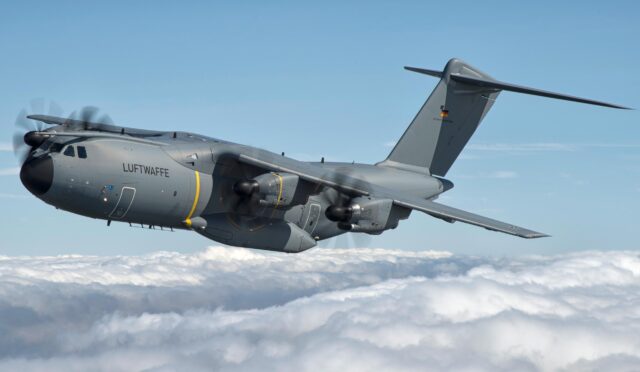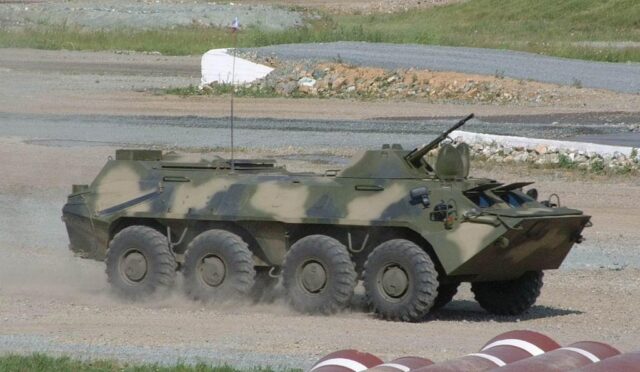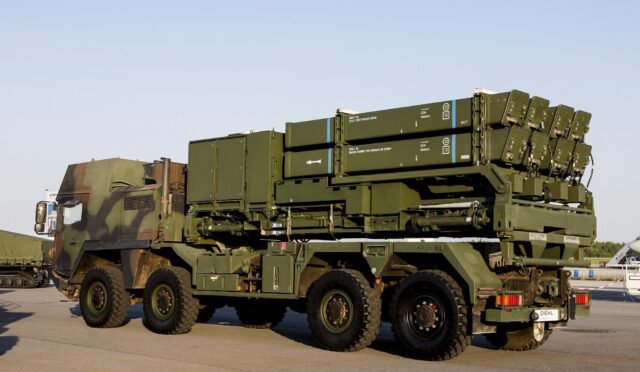Russia and Ukraine Initiate Dialogue on Prisoner Exchange and Ceasefire
In a significant move towards dialogue, Russia and Ukraine have agreed to a large-scale prisoner exchange and have opened discussions regarding a potential ceasefire. The two nations held their first direct talks in over three years on Friday, setting a hopeful tone despite the ongoing conflict that has caused severe devastation across Ukraine. This meeting, which took place in Istanbul, lasted just over 90 minutes, but ultimately yielded few concrete steps towards resolving the persistent hostilities.
Ukrainian officials are advocating for an “unconditional ceasefire” in an effort to halt the fighting, which has uprooted millions and shattered large areas of their country. However, Russia has continually dismissed these proposals. The only notable outcome so far appears to be an agreement to exchange 1,000 prisoners from each side. According to Vladimir Medinsky, the chief Russian negotiator, both parties plan to articulate their visions for a potential ceasefire, but no agreement on a pause in hostilities was reached.
Prospects for Future Ceasefire Discussions
Following the meeting, both sides expressed a willingness to engage in further discussions. Ukrainian Defence Minister Rustem Umerov hinted that the next crucial step would be a face-to-face meeting between presidents Volodymyr Zelensky and Vladimir Putin. This sentiment was echoed by Russian foreign ministry spokesperson Georgiy Tykhy, who acknowledged the importance of such a meeting to make progress.
Turkish Foreign Minister Hakan Fidan, who facilitated the negotiations, reported that both sides have agreed to continue dialogue and will submit ceasefire proposals in writing. The significance of the meeting should not be underestimated, as it indicates a willingness to engage after an extended period of silence and heightened tension.
Challenges and Sticking Points in Negotiations
Despite the progress made during the talks, significant challenges remain. Tykhy pointed out that Russia presented several “unacceptable demands,” indicating an attempt to tilt negotiations in its favor. Sources revealed that Russia is insisting on territorial concessions from Ukraine, seeking to undermine the stability of the discussions. These tactics are seen as strategies to derail any meaningful outcomes.
The mere fact that the meeting occurred speaks to the increasing pressure on both parties, particularly from Washington, to initiate negotiations. However, Zelensky criticized Putin for not attending in person, alleging that the Russian leader was “afraid” of direct engagement. This sentiment was shared during a summit in Albania, where Zelensky urged for a robust international response should the negotiations falter, hinting at potential new sanctions.
International Reactions and Future Implications
In light of the current situation, both Moscow and Washington have highlighted the need for direct conversations, with calls for a meeting involving Putin and US President Donald Trump garnering attention. During these talks, leaders from Ukraine, France, Germany, Britain, and Poland engaged in discussions with Trump, with no further details emerged from those communications.
French President Emmanuel Macron has hinted at coordinated European efforts alongside the United States toward imposing additional sanctions against Russia if it continues to reject the idea of an unconditional ceasefire. Meanwhile, Trump suggested that without a personal meeting with Putin, little progress could be made, although Macron also mentioned the potential for preliminary discussions over the phone.
Preparations for Future Talks and International Pressure
Before the pivotal talks in Istanbul, Ukrainian officials met with key American and European leaders, including US Secretary of State Marco Rubio and Trump’s special envoy. Rubio emphasized the necessity of a peaceful resolution to the ongoing conflict, articulating that the violence must come to an end.
Sources from the discussions revealed that Russia’s negotiators are insisting on hardline territorial demands, a stance that could jeopardize the talks’ progress. The Kremlin continues to claim annexed regions of Ukraine, including four territories post-2022 invasion and Crimea since 2014, complicating the prospect of meaningful dialogue.
Russia’s Stance and Territorial Claims
A source involved in the negotiations reported that Russian representatives have issued unacceptable demands, such as requiring Ukraine to withdraw forces from significant areas it controls before a ceasefire can occur. Moscow’s recent threats to capture the Sumy and Kharkiv regions, previously invaded but not formally claimed, further complicate the situation by signifying unwillingness to discuss ceding any territory.
These demands highlight the entrenched positions of both sides, as Russia has consistently refused to entertain discussions on relinquishing any territories under its military control. Putin’s previous calls for Ukraine to withdraw from contested regions signal an ongoing impasse and reflect the deep-rooted challenges in moving towards a peaceful resolution.







